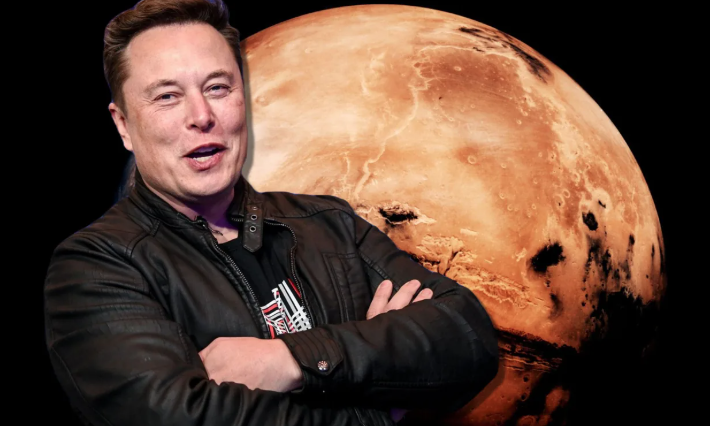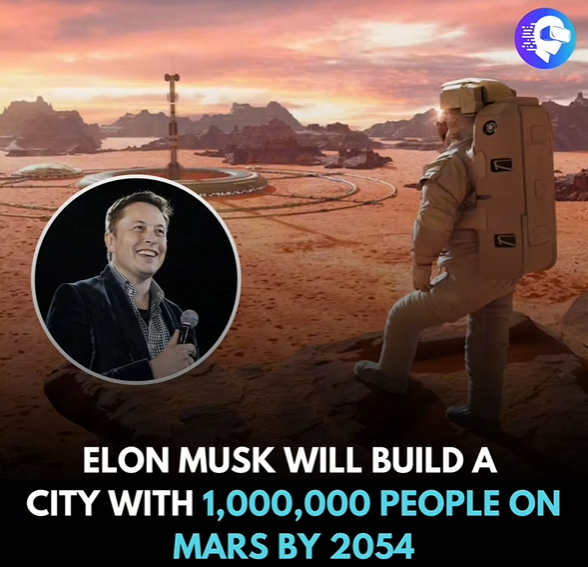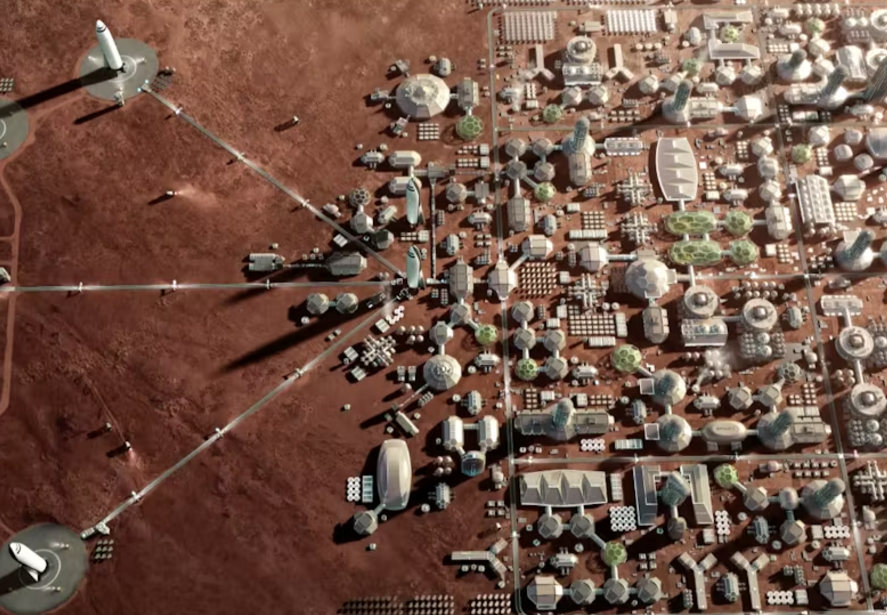Elon Musk, the visionary CEO of SpaceX, has long captured the world’s imagination with his audacious goal: building a self-sustaining city on Mars. While the idea of humanity becoming an interplanetary species sounds like science fiction, Musk is determined to make it a reality. But can he actually pull it off? Let’s delve into the technical, financial, and ethical challenges that lie ahead.

The Vision: A Million People on Mars

Musk’s ultimate dream is to establish a colony on Mars that can support a population of one million people. His plan involves creating a city capable of producing its own food, water, and energy—essentially, a settlement that doesn’t depend on Earth for survival. According to Musk, this vision is not just ambitious but necessary. He argues that becoming a multi-planetary species is humanity’s insurance policy against potential extinction events on Earth, such as nuclear wars or catastrophic climate change.
The Technical Challenges
Building a self-sustaining city on Mars is an engineering feat unlike any other. Here are some of the key hurdles:
- Transportation to Mars
SpaceX’s Starship rocket is designed to transport humans and cargo to Mars. With its reusable design, Starship aims to make space travel more affordable. However, developing a rocket capable of safely landing and taking off from Mars multiple times is a monumental challenge. - Surviving Mars’ Harsh Environment
- Radiation: Mars lacks a magnetic field and thick atmosphere to shield inhabitants from solar and cosmic radiation. Prolonged exposure could lead to severe health risks.
- Temperatures: With an average surface temperature of -80°F (-60°C), creating habitable environments will require advanced insulation and heating technologies.
- Oxygen and Water: While SpaceX plans to extract water from Mars’ underground ice and produce oxygen from its atmosphere, scaling these processes for an entire city remains unproven.
- Building Infrastructure
Traditional construction methods won’t work on Mars. SpaceX envisions using materials like Martian regolith (soil) to 3D print habitats. Power will likely come from solar panels, but energy storage during dust storms—a common occurrence on Mars—poses a significant obstacle.

The Financial Hurdles
Colonizing Mars will be astronomically expensive. Early estimates suggest costs could reach hundreds of billions, if not trillions, of dollars. SpaceX has made strides in reducing costs with reusable rockets, but funding a project of this scale will require global cooperation, private investment, or public support from multiple nations.
Musk has proposed selling tickets to Mars for around $100,000 per person to fund the endeavor. While this might make space travel more accessible for some, it’s unlikely to cover the full cost of establishing a sustainable colony.
The Ethical Dilemmas
Musk’s plan also raises ethical questions:
- Who Gets to Go?
If only the wealthy can afford a ticket, does colonization become an exclusive privilege? Ensuring inclusivity and diversity in a Martian city will be a major challenge. - Impact on Mars’ Environment
Mars may be barren, but it still has its own ecosystem, however minimal. Should humanity alter another planet before fully addressing our problems on Earth? - Human Rights and Governance
Who will govern this new society? Will Martian laws reflect Earth’s values, or will it be an opportunity to create a radically different system?

Is It Possible?
While the idea of a self-sustaining city on Mars might seem far-fetched, SpaceX has already accomplished milestones that once seemed impossible. The development of reusable rockets, successful crewed missions, and Starlink’s growing satellite network showcase Musk’s ability to turn ambitious ideas into reality.
However, this vision is still decades away. Overcoming the technical, financial, and ethical challenges will require collaboration between governments, private companies, and the global scientific community.
The Final Frontier
Elon Musk’s dream of colonizing Mars is one of humanity’s most audacious goals. Whether or not it succeeds, it has already sparked a new wave of interest in space exploration and the possibilities of life beyond Earth. Perhaps the most important question isn’t whether we can build a city on Mars, but what pursuing this dream says about us as a species—our drive to explore, innovate, and survive.
As Musk himself puts it, “I want to die on Mars—just not on impact.”



